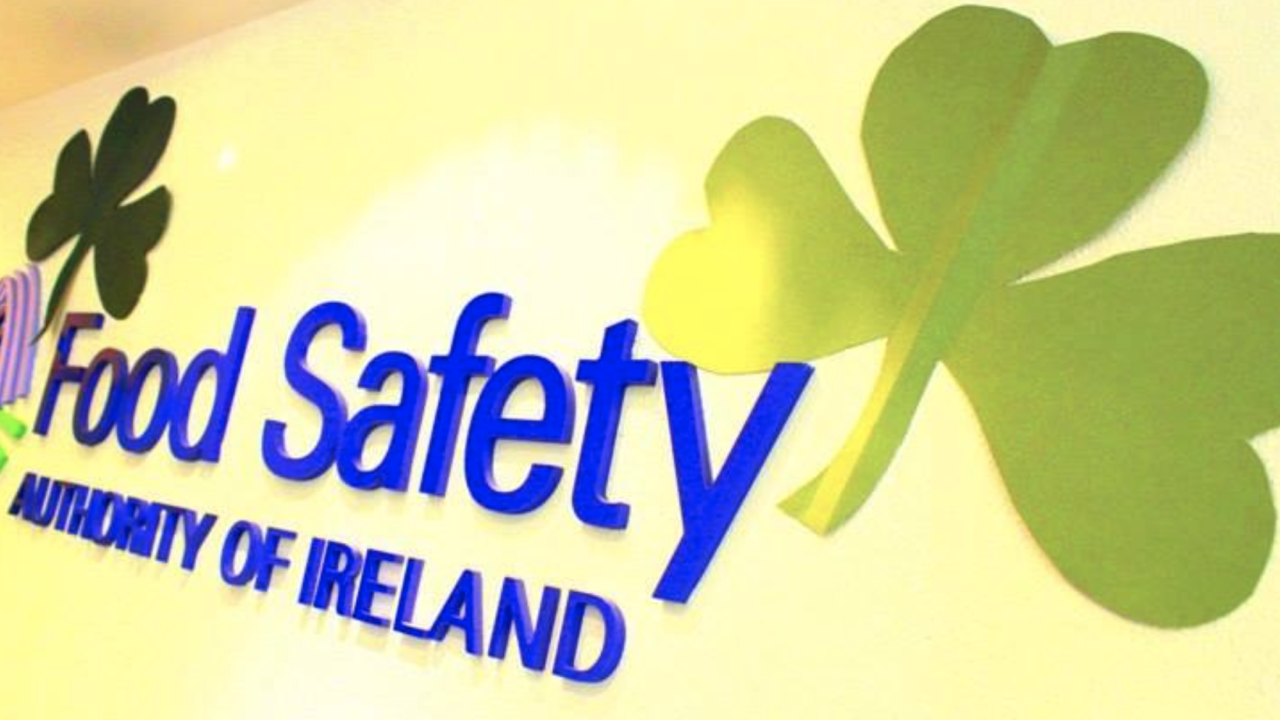The Food Safety Authority of Ireland’s (FSAI) Advice Line handled 4,395 complaints from consumers in 2023.
That figure is up by 8.3% when compared to 2022 and continues an overall upwards trend over the past decade.
The data shows that 32% (1,404) of consumer complaints relating to poor hygiene standards, 27% (1,196) to unfit food and almost 27% (1,175) to suspected food poisoning.
There were 231 complaints about labelling, 149 on allergen information and 59 relating to unregistered food businesses.
The FSAI said that all complaints were followed up and investigated by food inspectors throughout the country.
FSAI
The report shows that complaints about poor hygiene standards included food not being protected from contamination; overflowing bins; dirty fridges; food not being stored correctly and rodents being spotted.
Consumers complained about staff not having hair covered during food preparation; toilets being dirty and staff handling food and cash with the same gloves.
The second most frequently reported category related to unfit food, which means food that is not safe to eat.
Consumers complained about finding “foreign objects” in food, such as plastic, hair, insects, glass, stones and wood.
The report offers the following examples of unfit food complaints:
- Insect found in instant noodles;
- Snail found in coleslaw;
- Dead mouse found in punnet of strawberries;
- Stone found in black pudding;
- Piece of bone found in a chocolate bar;
- Worms in frozen dumplings;
- Part of a latex glove found in bag of spinach;
- A shard of glass in a loaf of bread.
Consumers also reported meat not being cooked completely, food sold past its use-by date and mould on food.
Food poisoning was the third most frequently reported complaint category, with chicken, beef, fish, and shellfish the most commonly mentioned foods.
Complaints
Dr. Pamela Byrne, chief executive, FSAI, said that the increase in complaints reflects “a growing awareness among the public of their right to safe food and the importance of high standards of food safety and hygiene”.
“Our online complaint form continues to be a valuable resource enabling the public to contact us with their food safety complaints.
“It is crucial for food establishments to maintain high standards of food safety practices, and reports made by the public greatly assist Environmental Health Officers, veterinary and agricultural inspectors, sea-fisheries inspection officers, and laboratory staff in their work.
“While routine inspections are carried out regularly, reports from the public help to identify specific issues, ensuring swift identification of potential threats to public health,” she said.
“We encourage anyone who observes poor hygiene or food safety practices to promptly report it to FSAI for thorough investigation by the relevant authorities,” she added.
Overall, the FSAI line handled a total of 7,732 complaints and queries in 2023.
There were 3,337 queries from people working in the food industry, food safety consultants, researchers, consumers and others.
Among the more popular queries were how to start a food business; requests for FSAI publications; food labelling information; best practice in food businesses and food safety training.
